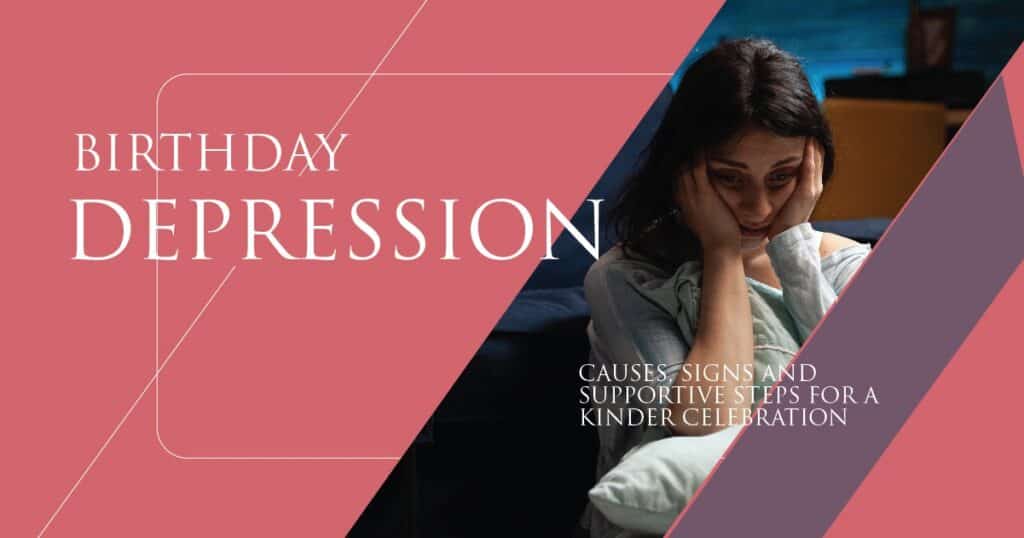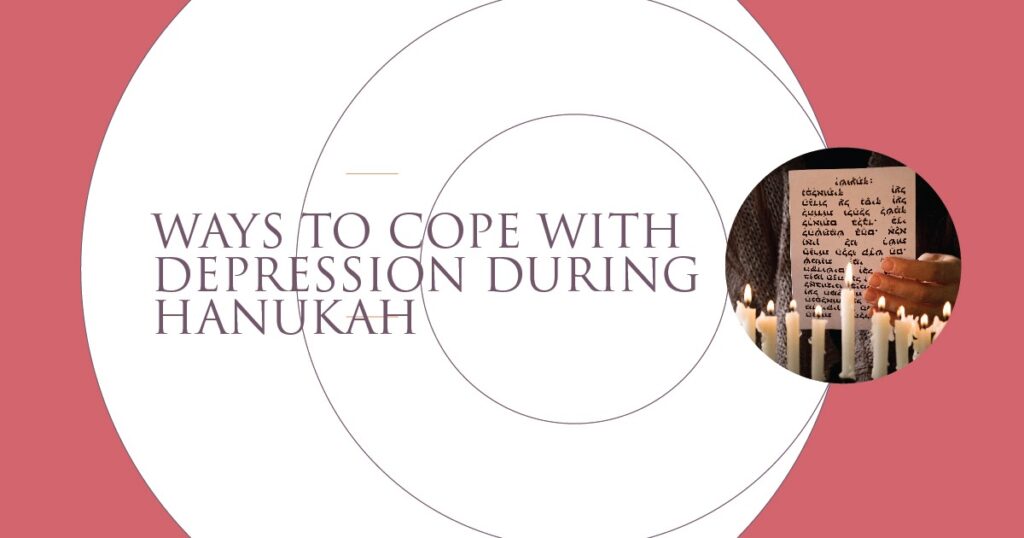The process of recovering from traumatic experiences is, without any doubt, an incredibly personal journey. However, the journey requires time, support, and a holistic realization of what traumatic experiences do in a person’s mind and body.
While the healing process is frightening, its most crucial element is the support network. These people, family, friends, and professionals all make a difference in going through the complex layers of trauma recovery.
Here, we will discuss the concept of a support network, its effects on mental health, and practical ways to create and deliver a supportive community. In addition, this will be about what aspects to avoid when extending support, ensuring a helping hand rather than being an obstruction to the healing process.
Why a Support System in Trauma Recovery Is Necessary
When we think about trauma recovery, we often correlate it only with therapy, medication, or self-help. These are just a part of the whole picture, and the most overlooked is a support system. Generally, trauma affects the individual who experiences it and everyone else concerning that individual.
How a Support System Impacts Recovery
In the healing from trauma, one cannot undermine the role of a solid support system. It provides emotional grounding, encouragement, and practical help when all things seem to fall apart. Trauma can make a person feel isolated, misunderstood, and, above all, disconnected from the world. A support network can discount those feelings by offering a sense of belonging and connection.
Rebuilding Trust After Betrayal Trauma
Someone suffering from betrayal trauma recovery may find themselves unable to trust others because of the fear that they would get hurt again. In such cases, a solid supportive network helps an individual to rebuild their trust slowly but surely towards somebody else, some of whom are not very much for adding harm or danger to life. Neighbors will include those who aid and accompany them in the low tides of their transformation, this significantly contributes to reconstructing one’s belief in people.
Role of Support and Encouragement
In fact, people engage in recovery practices such as therapy visits, self-care routines, and healthy habits when they feel well-supported. Being safe and encouraged by others forms a platform that nurtures recovery.

How a Support System Impacts Mental Health
According to research, positive social relations enhance an individual’s psychological aspects. It has been proven that people who possess good and caring relationships tend to be more successful in overcoming stress and other emotional challenges and are better equipped to deal with anxiety or depression.
An individual is less likely to feel isolated and lonely with genuine listeners around them, an essential factor, especially for those recovering from head trauma or emotional wounds.
Social support also creates resilience, the capacity to bounce back from adversity. Empowerment has mitigated helplessness and hopelessness in a supportive community environment for individuals. Healing and hope can derive from a situation where those who have suffered trauma and are recovering know they are not alone.
San Jose Mental Health
Types of Support Systems
Various support systems are involved in healing after trauma. While some belong to family or friends, others stem from professionals or peer support groups. Understanding the different types and how they complement healing is important to trauma survivors and those who provide support.
Family Support
Family is the most intimate and personal kind of support. In betrayal trauma recovery, for instance, family members may be instrumental in rebuilding trust and providing a secure area.
Yet, such family dynamics can also be complicated. Sometimes, unresolved issues or prior trauma can affect the improvement of such support as well. Such damaged communication is critical to secure the family so that it becomes a safe and healing environment.
Friends and Loved Ones
Intimate friends have emotional pillars rooted in them. They may not understand the trauma sufficiently experienced by someone but have shown a will to listen, empathize, and soothe them enough to be pretty healing. Friends provide the relaxation and distraction necessary during recovery. They remind people that life exists beyond trauma and recovery.
Support Groups
Peer support groups are valuable for many recovering from trauma, and recovery consists of individuals who experienced similar traumas for normalization of feelings and reducing isolation, sharing experiences, and hearing how others have coped to validate and encourage those undergoing recovery from betrayal trauma or brain trauma. This is particularly helpful.
Professional Support
The trauma recovery therapist, counselor, and psychiatrist are uniquely resourceful professionals trained to provide specific psychological and emotional care concerning trauma. Judith Herman Trauma and Recovery considers how survivors of trauma can benefit from trauma-informed treatment.
Therapy modalities like Cognitive-Behavioral Therapy (CBT) and Eye Movement Desensitization and Reprocessing (EMDR) through which the trauma survivors may work include these professionals as well. All they do is assist them in processing their pain, establishing coping strategies, and, in most instances, regaining a sense of safety.
How to Build a Supportive Community for Those in Trauma Recovery
Establishing a support system is an ongoing process. It takes effort and feel, as well as the will to help. For the person seeking support or the loved one who tries to help another weave their recovery from trauma, here are some actions they can take to create a healthy, empathetic community.
Educate Yourself
Comprehending the baseline principles of trauma recovery is necessary for every interested party to record a valid response. Acquire information on the various traumas, including exposure to betrayal trauma recovery, alongside the psychological repercussions of brain trauma recovery. Books like Judith Herman’s Trauma and Recovery, which outline the degrees of recovery phase and even point at trauma-informed care, should be read. The more knowledgeable you are about these issues, the better positioned you will be to offer competent, empathetic support.
Actively Listen
At times, simply listening is the most effective support for someone dealing with trauma recovery. Most trauma victims feel unheard and misunderstood, so giving them a safe space to express themselves without judgment can serve as a great therapeutic process.
Active listening means being present, acknowledging emotions, and validating experiences. It’s better to resist the urge to fix the situation or offer unsolicited advice instead of being there. For some, being there becomes enough sample text on how to repurpose.

Give Them Space
Helping is essential, but giving a traumatized person space is equally important. The immediacy to heal is time-consuming and might involve moments of solitude for individuals to extract feelings within themselves.
Therefore, respect the need for boundaries and avoid forcing them to open up before they are ready. Giving someone space to heal creates a bond that fosters a strong relationship and trust between parties.
Be Patient
Healing trauma is not linear. There are highs and lows. Recovery takes several months or even years, so you have to be patient. Setbacks are naturally part of the entire recovery journey. Then, celebrate small victories, but do not expect immediate results. Let them know you are there for them with your patience and continued support.
Seek Help
Don’t hesitate to seek assistance if you are unsure how to accompany another person during trauma recovery. Therapists, help organizations, or even online services can help you navigate challenging conversations and provide needed support for the person. Professionals can also offer great suggestions on keeping your mind while supporting someone else.
Relax and Get Involved in Activities
Engage them in activities that bring rejuvenation and entertainment. Exercise together, attend a hobby group, or watch a movie. These moments of shared pleasure lightened the weight of trauma recovery. Lastly, activities help reconnect someone with himself or herself and this world in an enjoyable, slightly pressured atmosphere.
San Jose Mental Health
Things to Avoid When Offering Support During Trauma Recovery
Though giving help is essential, avoiding things that might unwittingly obstruct a person’s healing process is equally important.
- Minimizing Their Experience
Avoid saying that your trauma “isn’t that bad” or that others had it worse. As with anything else, experience validates each person, and downplaying their hurt can cause shame or feelings of not being enough.
- Pushing for Immediate Recovery
Healing is a process that takes time. It should not be rushed, nor should unrealistic expectations be set for “moving on” from or “forgetting” whatever incident someone has gone through. People need to define their timelines and first steps in moving beyond traumatic experiences.
- Offering Unsolicited Advice
You may have meant well when giving advice. However, it applies only when asking someone what they feel for the reason.
- Disregarding Boundaries
People recover at their own pace. Respect personal boundaries and avoid bombarding individuals with too much information and many activities.
The Journey of Trauma Recovery: Compassion, Support, and Patience
It takes time, work, and, most importantly, a lot of help from outside sources to recover from trauma. Whether you’re on the journey to recovery or helping someone else along the way, it’s crucial to be understanding and patient and give them permission to heal.
Through educating yourself, listening actively, and respecting boundaries, you can accrue a community that validates one’s efforts to gain recovery. Recovery from emotional trauma takes time, exercise patience and ensure that you are not alone.
Call To Action:
Whether you or someone close to you is suffering through trauma, you shouldn’t hesitate before calling for professional help. Our services provide support and the necessary resources to guide you through a trauma recovery journey. Together, we will be healed.
San Jose Mental Health
FAQs
- What are the first steps in trauma recovery?
The first steps in trauma recovery involve acknowledging the trauma, seeking professional help, and establishing a support system. It’s essential to begin by understanding that healing takes time and varies for each individual. Therapy, such as cognitive-behavioral therapy (CBT), and connecting with a trusted support network are key components in initiating the recovery process.
- How can I support someone going through betrayal trauma recovery?
Supporting someone through betrayal trauma recovery requires empathy, patience, and active listening. It is essential to value their feelings without rushing them through the healing process. Giving them space, respecting their boundaries, and offering reassurance can help rebuild trust. Encouraging them to seek therapy or join a support group is also helpful in supporting their healing journey.
- Can brain trauma recovery be done without professional help?
While recovery from brain trauma recovery can be supported through self-care and building a strong support system, professional help is often necessary to address the complex emotional and cognitive challenges that come with it. Working with a healthcare professional, such as a neurologist or therapist specializing in brain injury, is essential for guiding the recovery process and providing tailored strategies for healing.
- What is Judith Herman trauma and recovery, and how does it help with healing?
Judith Herman trauma and Recovery refers to the framework developed by Dr. Judith Herman in her book, Trauma and Recovery. Dr. Herman’s approach emphasizes the importance of safety, remembrance, and mourning in healing from trauma. She outlines the stages of recovery, including establishing safety, reconnecting with oneself, and finding a way to engage with the world again meaningfully. Her work is widely regarded as an essential resource for trauma patients.
- How do I know when it’s time to seek professional help during trauma recovery?
If you or someone you know is experiencing overwhelming feelings of hopelessness, flashbacks, difficulty functioning in daily life, or suicidal thoughts, it’s time to seek professional help. A licensed therapist or counselor specializing in trauma can offer the support needed to manage the emotional, cognitive, and physical effects of trauma. Remember, there’s no shame in seeking help – —healing begins with taking that first step.








